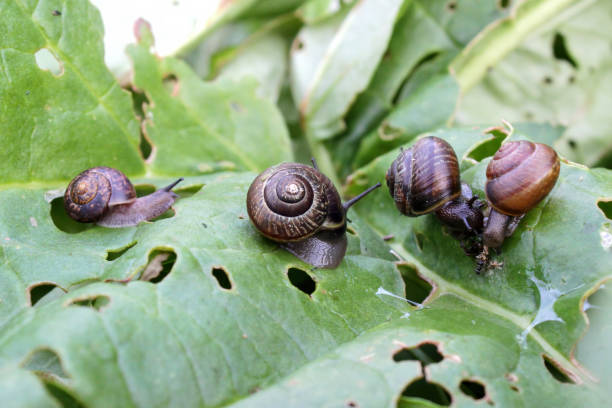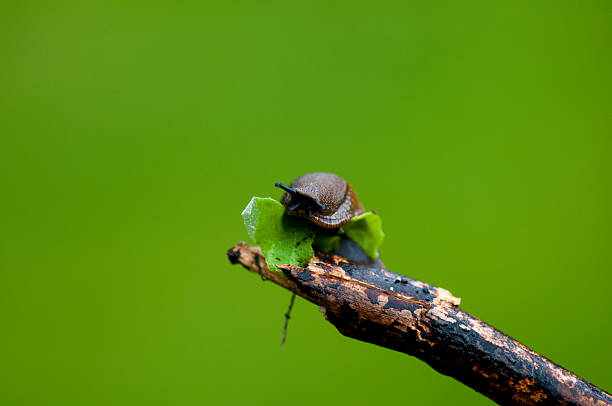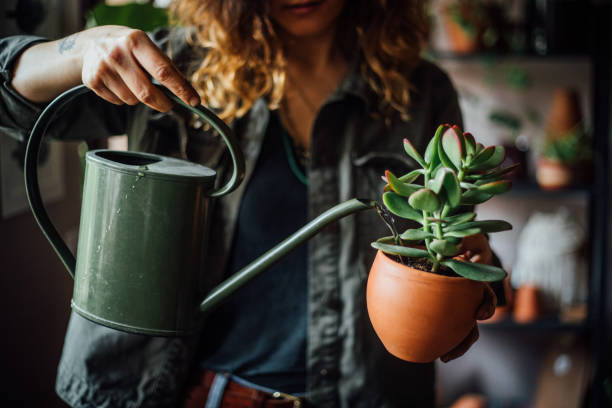All asparagus fans can breathe easily. The popular seasonal vegetable was tested by the Federal Office for Consumer Protection and the results are encouraging: most asparagus samples are free of pesticides.
The royal vegetable
With spring comes the asparagus season. Since asparagus is so popular, the quality is strictly monitored in Germany and regular checks are carried out by the supervisory authorities in the federal states.
As in previous years, the results this year are again pleasing. The Federal Office for Consumer Protection and Food Safety (BVL) has published data on pollution.
The investigations showed that asparagus is one of the least contaminated vegetables and is virtually free of pesticides.
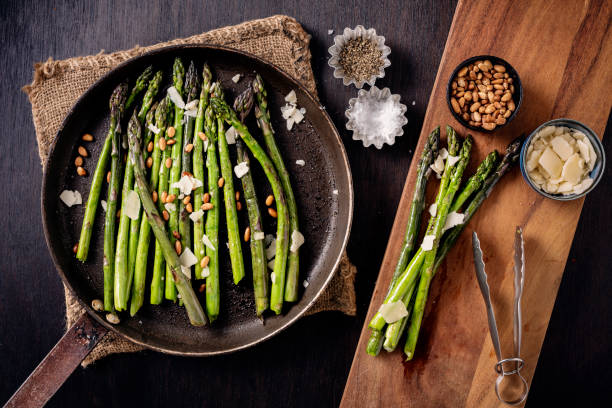
Little strain on asparagus
As early as 2016, the Federal Office for Consumer Protection found residues of pesticides in only four of the 502 asparagus samples examined (the stipulated maximum level here is 0.8 percent). In 2015 not even in any of the 350 samples.
The inspectors also found multiple residues extremely rarely. Only 3 percent of the inspected asparagus showed residues, compared to an average of around 30 percent.
In contrast to other types of fruit and vegetables, where ten or even more active substances were sometimes found in one sample, a maximum of five active substances were detectable in asparagus samples from 2010 to 2016, reports the BVL.
Strict controls
Asparagus is very often tested for pesticides and is sometimes even one of the most frequently tested vegetables. Since the German asparagus is the most commonly offered on the market, the quality controls are very regular.
The news that asparagus is hardly contaminated by pesticides is all the more gratifying. Even ahead of Germany, China is one of the largest growing countries for asparagus, followed by Peru and Mexico.
Lead levels have dropped significantly
Overall, the lead content in asparagus is very low compared to previous studies. In most samples, no or only very small amounts of lead, mercury, cadmium, arsenic, nickel, and aluminum are detected.
In the case of lead, in particular, exposure has decreased in recent years.
Hardly any perchlorate pollution
During the controls, the asparagus was also checked for perchlorate. The intake of salt inhibits iodine absorption in the body and can thus impair the metabolism of the thyroid gland. Because of this, intake of this salt should be minimized.
But the all-clear is given here too, because only two of the 294 asparagus samples showed a quantitatively determinable perchlorate content, which was clearly below the applicable European reference value, according to the BVL.
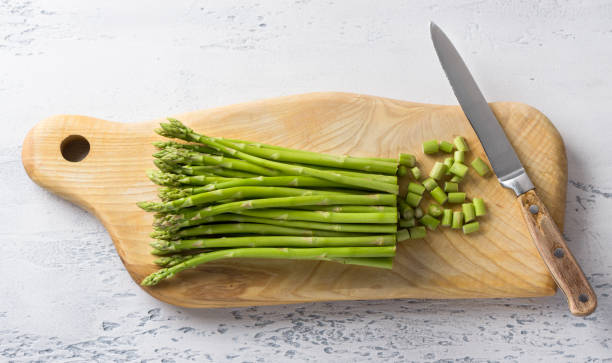
Enjoy asparagus without hesitation
The popular vegetable is therefore as good as free of any pesticides and is, therefore, one of the vegetables with the lowest levels of pollution.
Nothing stands in the way of enjoying asparagus and delicious, healthy, and low-calorie dishes can be conjured up from the white and green spears.

